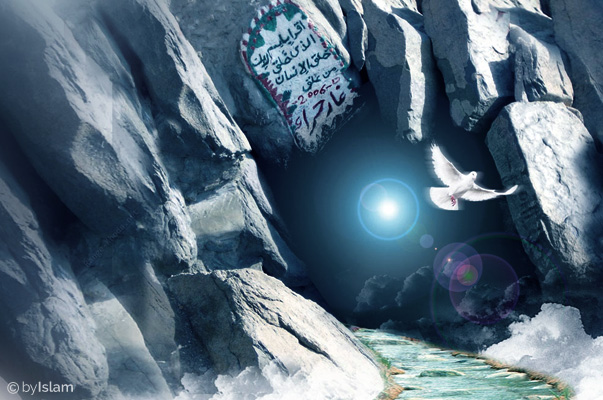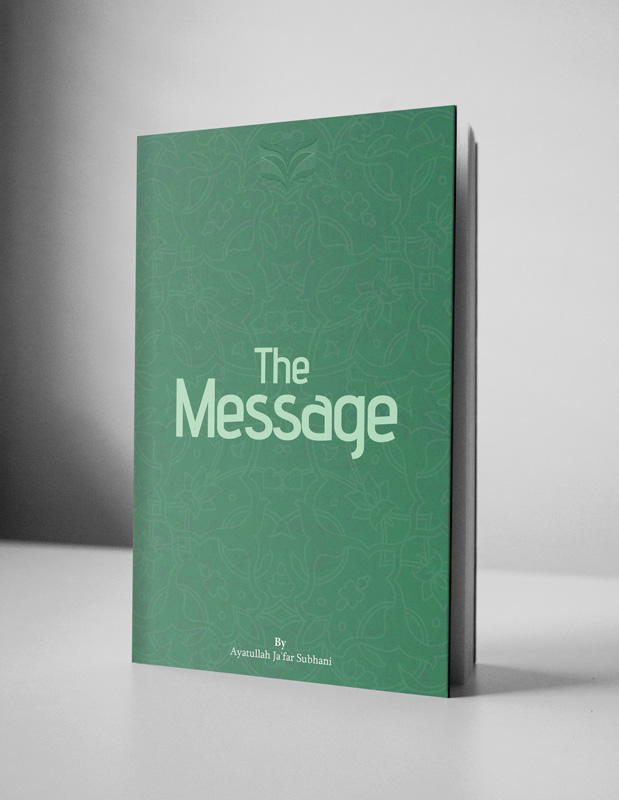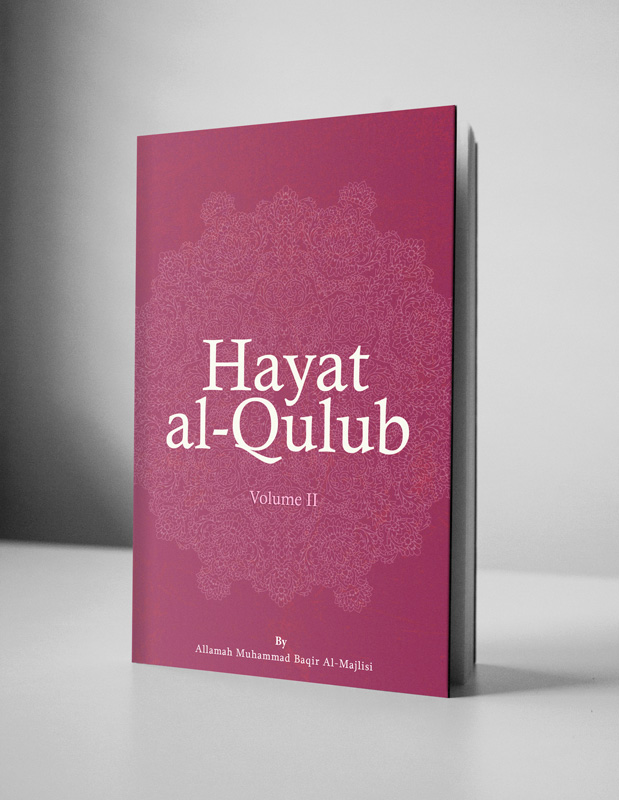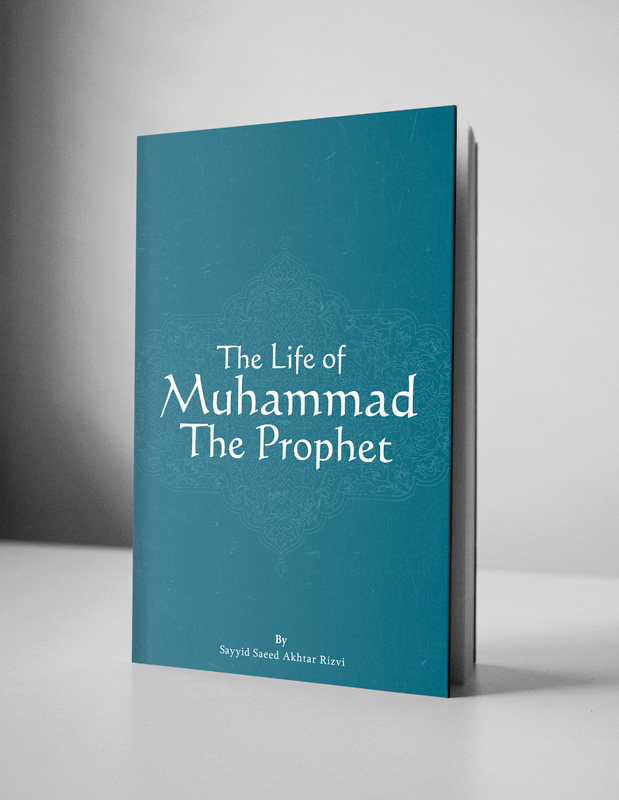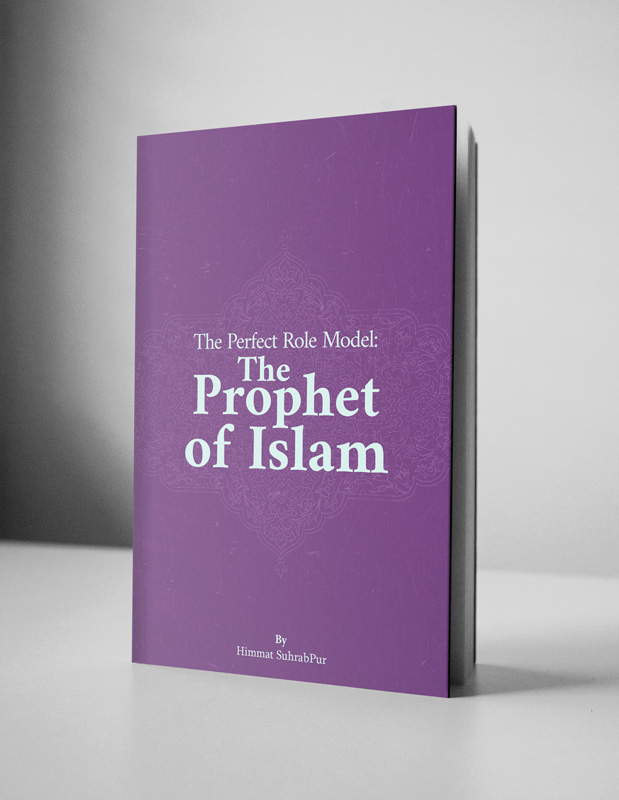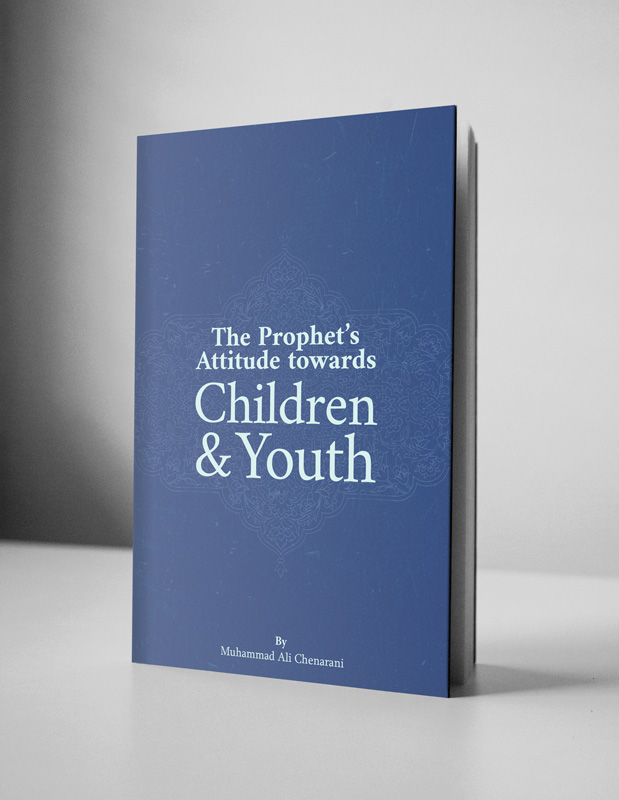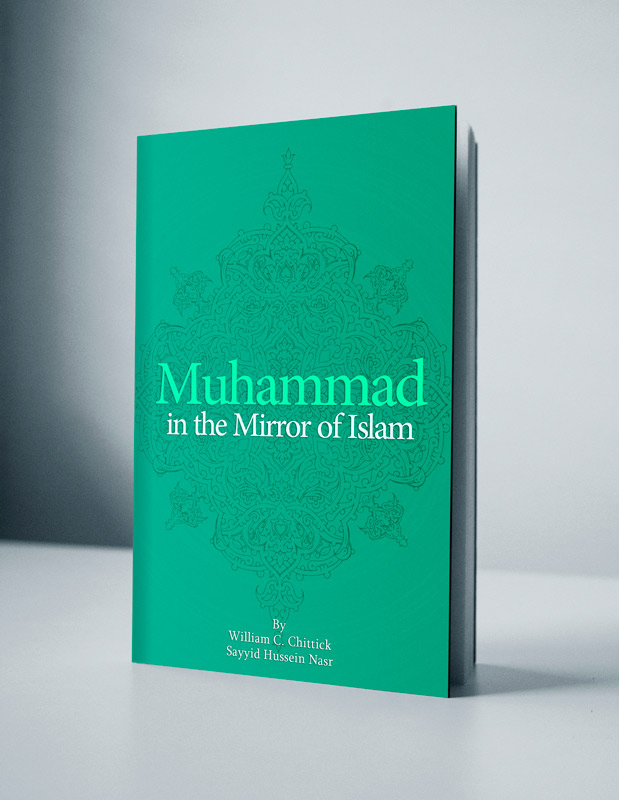Did the Holy Prophet profess any religion before his prophetic mission?
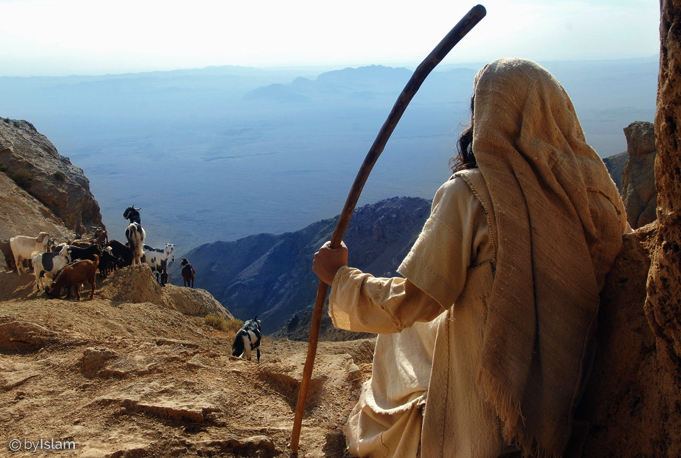
For quite some time the question of the religion of the Holy Prophet before his appointment to the prophetic mission has been a matter of discussion between the Shi’ah and Sunni scholars. They have raised the following issues and given reply to each one of them:
1. Did the Holy Prophet profess any religion before his appointment to the prophetic mission?
2. Supposing that he was the follower of a religion, was it his own religion?
3. If he was the follower of any other religion was that religion revealed to him independently and he followed it independently or he was reckoned to be one of the followers of that religion?
4. If he acted on that religion independently or as a follower, to which of the former Prophets did that religion belong?
These are the four questions which come across in various books of Seerah (the Prophet’s biography), history, and interpretation. However, is it necessary that we should give definite replies to these questions? Is it basically necessary that we should study various books on history, exegesis and the Holy Prophet’s biography and collect the requisite answers?
We feel that discussion of these particular points is not at all necessary. Rather what is important is that we should conclusively prove that before his appointment to the prophetic mission the Holy Prophet believed in and worshipped only Allah the One, and was pious and chaste.
This can be proved by the following two methods:
Firstly by studying his forty years of life preceding his appointment to the prophetic mission, and secondly by examining what has been said on the subject by the leaders of Islam.
1 To sum up his forty years of life, it was a life of modesty and chastity, honesty and truthfulness, uprightness and righteousness, goodness and kindness to the oppressed and the needy and contempt toward the idols and the idol-worshippers. So much so that once, When he performed a journey to Syria in connection with trade and the other party, to a transaction, swore by idols he said: “The most obnoxious things which always arouse my wrath are these very ‘Lat’ and ‘Manat’ by which you are swearing”.
Besides this, he prayed continuously in the cave of Hira during the month of Ramadan and performed Haj time and again, for as the sixth Imam says, he (the Holy Prophet) performed Haj secretly ten times and according to another narration twenty times. And, as we know, all Haj ceremonies are the performance of rites to which Prophet Ibrahim invited people and wished that by this means those who believe in Allah, the One should assemble at one particular place during a fixed period.
Similarly, the Prophet always remembered Allah while taking his meals and refrained from eating meat of the animals which had been slaughtered in an unlawful manner, and was very much disturbed to see obscene scenes, wine-drinking and gambling; so much so that at times, he sought asylum in the mountains and returned home when a part of the night had passed. Now what demands our consideration is this:
Is it possible to doubt the faith of a man who has passed his life in the manner stated above and who does not possess even the smallest weak point from the very beginning of his life, and who passes a part of his life in hills and in secluded places to meditate upon the beautiful phenomena of the world. We consider an ordinary man to be pious, dutiful and righteous if we observe one tenth of these qualities in him, what to speak of the Holy Prophet?
2 The second method of finding out the real position, is the study of numerous documents and narratives which have reached us from the leaders of Islam. One of them is the discourse of Imam Ali, the chief of the monotheists, in ‘Khutbah-i Qasi’ah’:
“From the time the Holy Prophet had been weaned, the Almighty Allah had associated the most distinguished angel with him so that he might show him the path of magnanimity and goodness during day as well as night”

